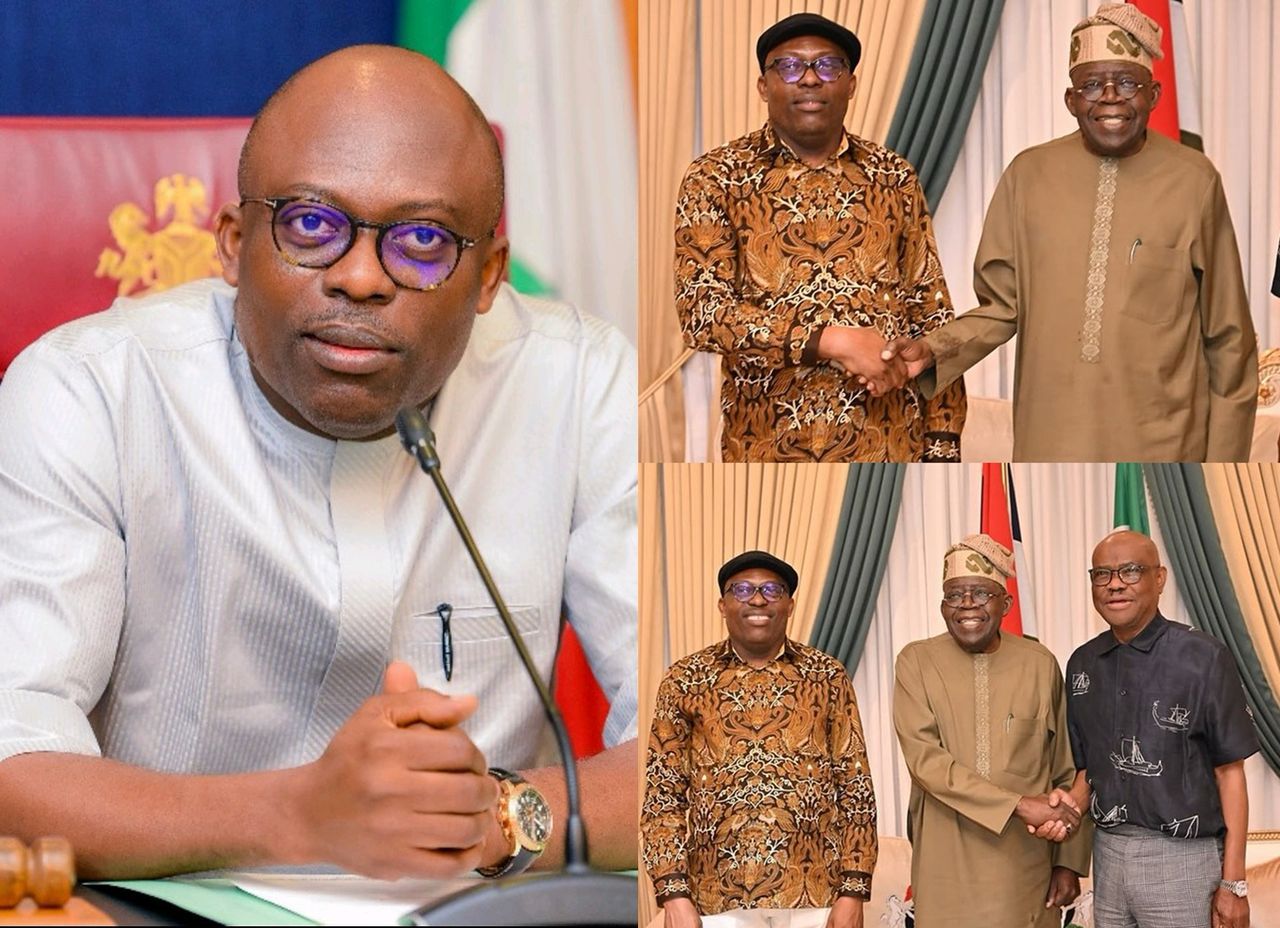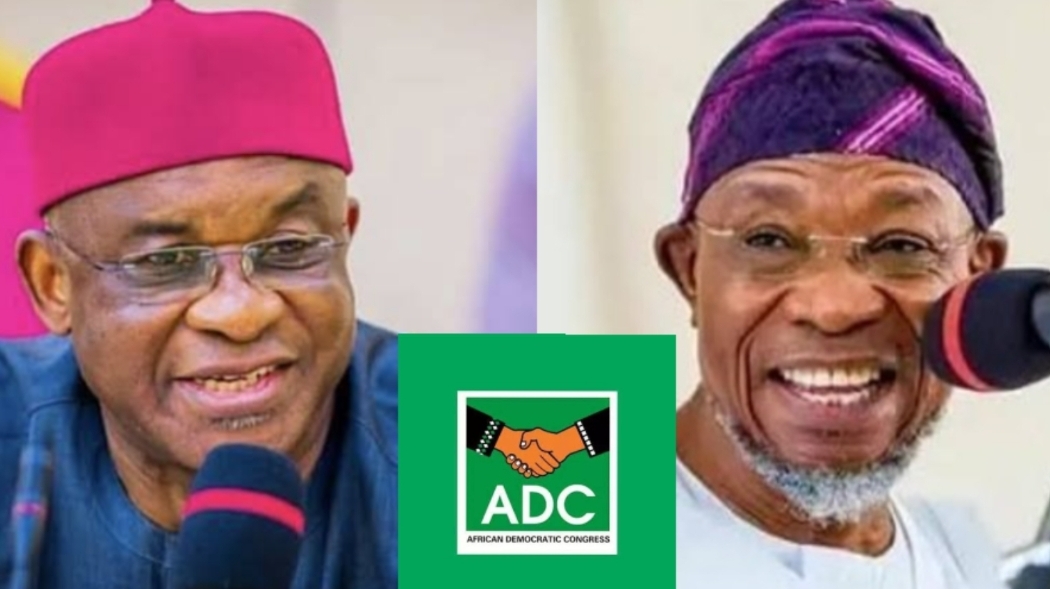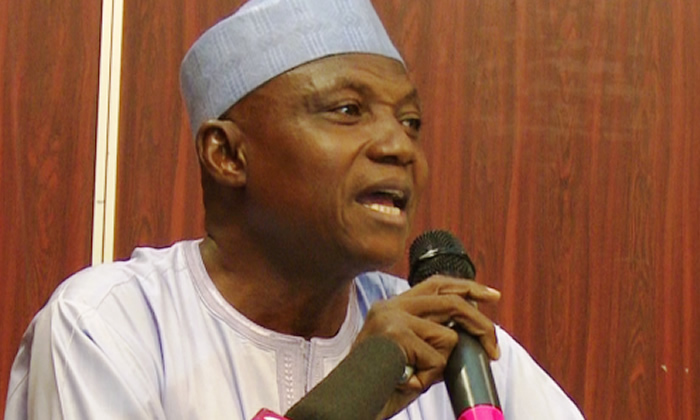
Deal or Democracy? Tinubu Brokers Controversial Peace in Rivers as Fubara Stays Governor Without Re-election Plans

In what many are calling a political compromise cloaked in constitutional controversy, President Bola Ahmed Tinubu has reportedly struck a contentious deal to reinstate Siminalayi Fubara as the Governor of Rivers State under conditions that have sent shockwaves across Nigeria’s political landscape. Sources close to the matter disclosed that the President brokered peace between the embattled governor and his estranged political godfather, Nyesom Wike, on the condition that Fubara will not seek re-election in 2027 and that Wike reserves the right to nominate all Local Government Area (LGA) chairpersons in the state.
The agreement, which is already sparking legal debates and public outcry, follows months of heightened tension between Fubara and Wike, the current Minister of the Federal Capital Territory and a key power broker in the state. Their fallout had thrown Rivers into a political storm, with opposing factions in the state House of Assembly, disputed appointments, and a governance structure teetering on collapse. Tinubu’s intervention, intended to halt the slide into a political abyss, has now raised even more questions about the state of Nigeria’s democracy, the independence of elected officials, and the deep-rooted influence of political godfathers in state politics.
The key terms of the so-called peace accord are as stunning as they are troubling to many observers. Siminalayi Fubara, who only assumed office in May 2023, is reportedly to remain governor but must relinquish his ambition for a second term, effectively serving out his tenure as a lame duck. In exchange, Nyesom Wike—whose grip on Rivers State politics has remained firm despite moving to a federal appointment—is granted control over the political structure through the power to nominate all 23 LGA chairpersons in the state. These chairpersons, whose positions are pivotal in grassroots governance and local political mobilization, would become de facto Wike loyalists, ensuring his enduring dominance in the state’s affairs.
The move has been described by some as a masterclass in political survival and by others as a dangerous precedent. Critics argue that the deal makes a mockery of the electoral mandate given to Fubara by the people of Rivers State. “This is a slap in the face of democracy,” said political analyst Chika Okoro. “How can an elected governor be told not to seek re-election in exchange for peace? This is not a monarchy where thrones are inherited or abdicated based on convenience. It’s a democracy, and the people should decide, not backroom deals brokered in Aso Rock.”
Legal experts are also raising red flags, warning that the agreement may be in violation of the Nigerian Constitution. Section 180 of the Constitution provides for a four-year term for governors, renewable once by election. Nowhere does it permit a sitting president or any external party to condition the tenure or future aspirations of a state governor. Furthermore, the idea that LGA chairpersons can be unilaterally nominated by a non-sitting official strikes at the heart of democratic decentralization and local government autonomy.
While the full details of the agreement remain shrouded in secrecy, leaked reports from the Presidential Villa suggest that both camps reluctantly accepted the deal to avoid further escalation. Fubara, whose authority has been persistently undermined by the pro-Wike faction in the state assembly, was said to be politically cornered, facing the threat of impeachment or total administrative paralysis. Wike, on his part, remains keen to preserve his political empire in Rivers, which serves as a crucial stronghold for his influence within the national landscape.
The silence from both camps following the reported agreement speaks volumes. Fubara has not made any public address to confirm or deny the deal, though insiders claim he has already begun aligning state policies to reflect the new reality. Wike has also remained characteristically quiet, perhaps aware of the potential backlash and the legal scrutiny that may follow. President Tinubu, ever the political tactician, is being praised in some quarters for preventing a full-scale crisis but criticized in others for allegedly undermining the democratic process in pursuit of political stability.
Across social media, Nigerians are not holding back their opinions. #FubaraWikeDeal and #TinubuBrokeredCompromise are trending nationwide, with many citizens expressing outrage at what they perceive as a hijacking of electoral power by a few powerful men behind closed doors. “We voted for Fubara, not for Wike’s puppets,” one user wrote. Another commented, “So this is what our democracy has come to? Governors negotiating their future in private meetings while citizens suffer?”
Civil society groups and opposition parties are beginning to mobilize in response. A coalition of pro-democracy organizations has threatened to take the matter to court, demanding transparency and legal redress. Meanwhile, the Labour Party and the PDP’s internal reformist bloc have called for investigations into the legality of such political agreements, stating that “no one is above the Constitution.”
As Rivers State reels from this unfolding drama, the larger implications for Nigerian democracy remain chilling. If governors can be cajoled or coerced into forfeiting their political futures as a condition for stability, then what truly becomes of the democratic choice of the people? Can a deal that excludes the voices of citizens be considered a legitimate resolution, or is it simply a temporary fix that erodes trust in governance?
The deal may have averted immediate chaos in Rivers, but it has sown seeds of distrust and disillusionment in the broader Nigerian polity. Political power, once again, appears to rest not in the hands of the electorate, but in the backrooms of influence and the compromises of survival. For Governor Sim Fubara, the path forward is clear but lonely—he will govern, but not rule freely. For Wike, the godfather tag becomes more indelible. And for President Tinubu, his role as kingmaker may win him peace in the short term, but the price could be a growing perception of executive overreach.
Only time will tell whether this controversial accord holds or collapses under the weight of its own contradictions. But for now, one truth remains: the people of Rivers State, and indeed Nigerians everywhere, are watching—closely, critically, and with increasing unease.


